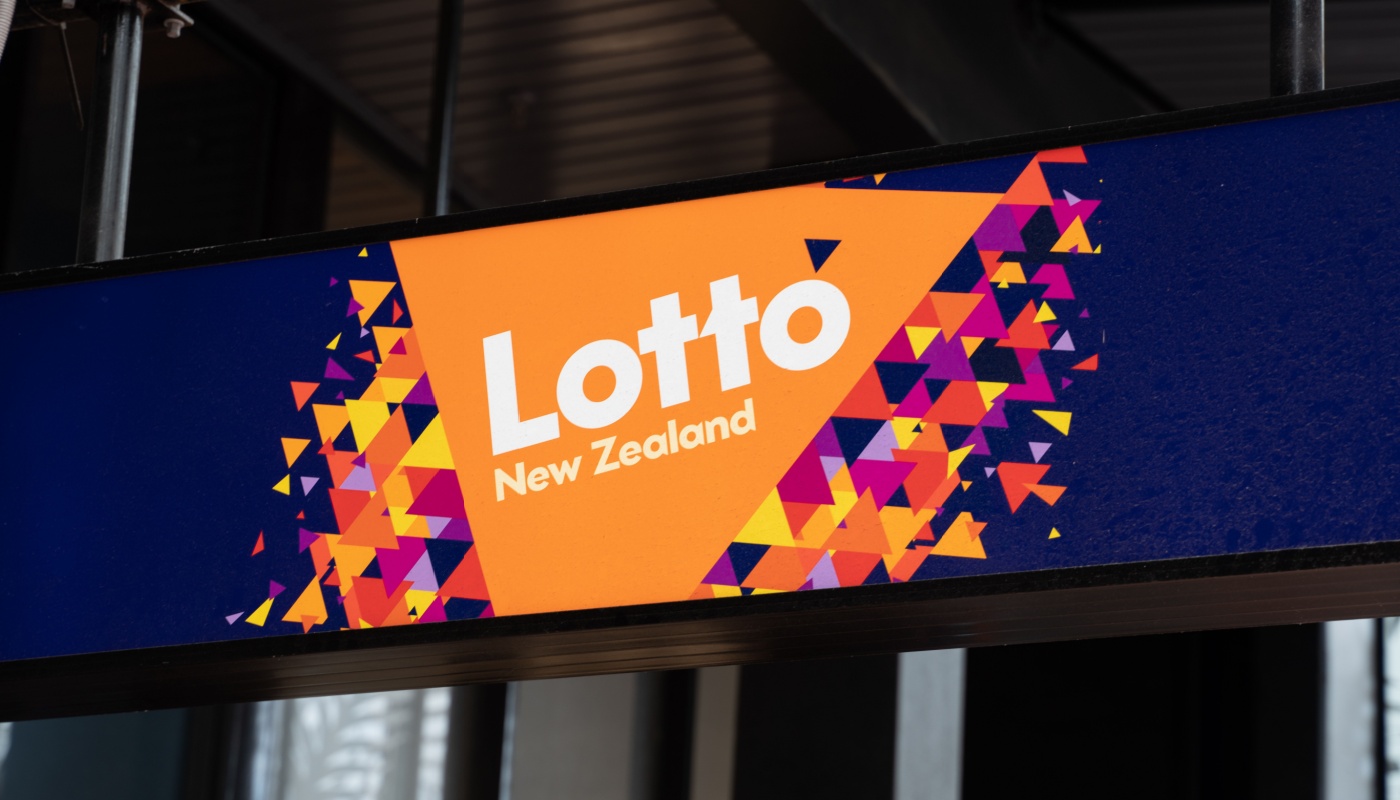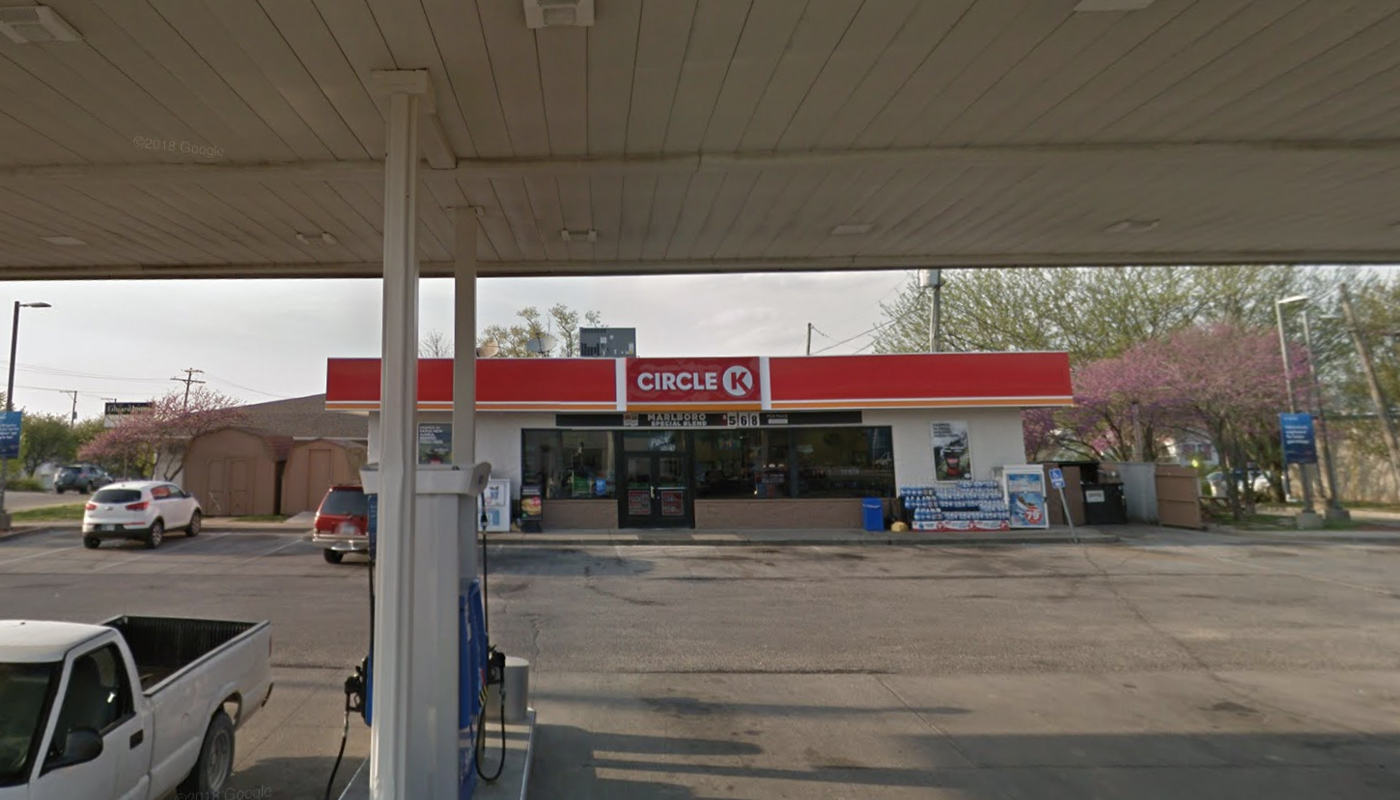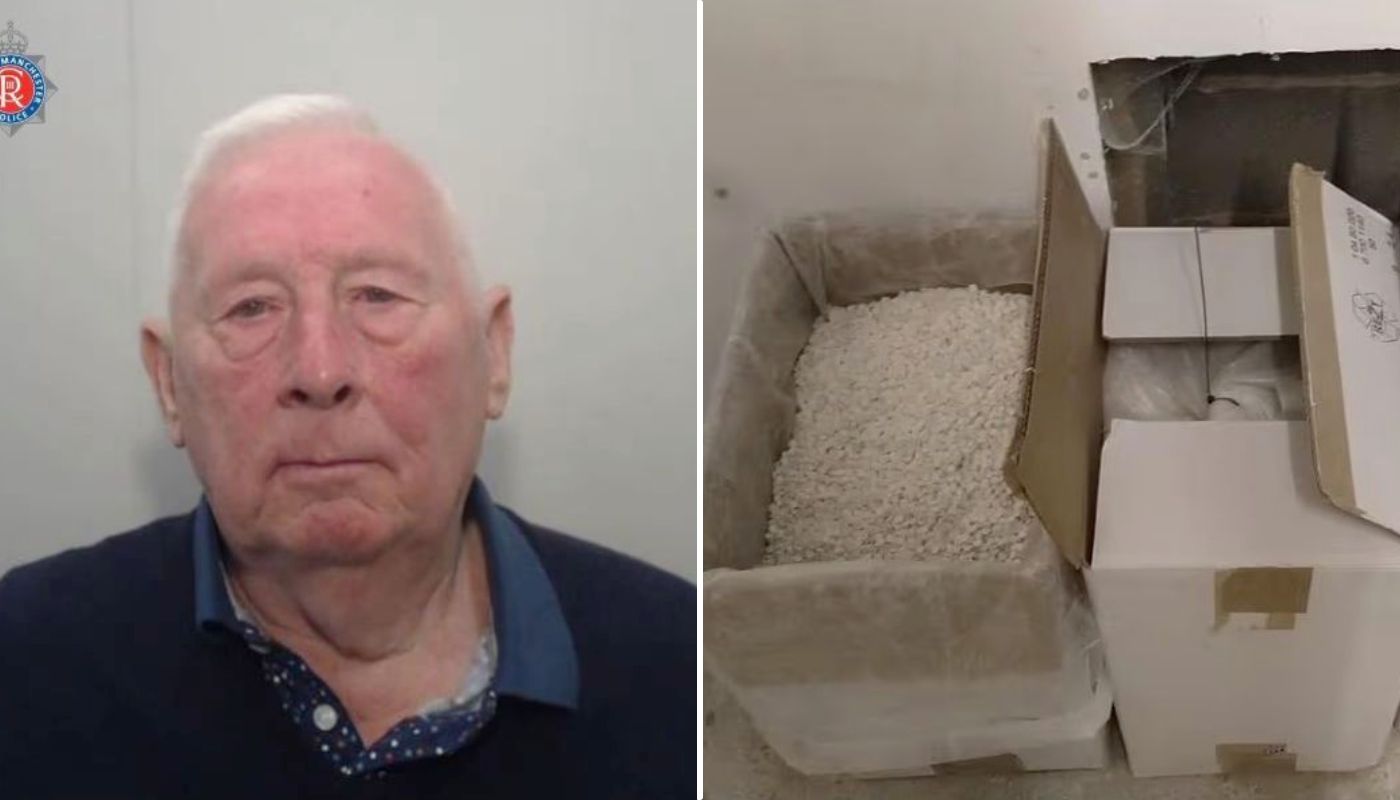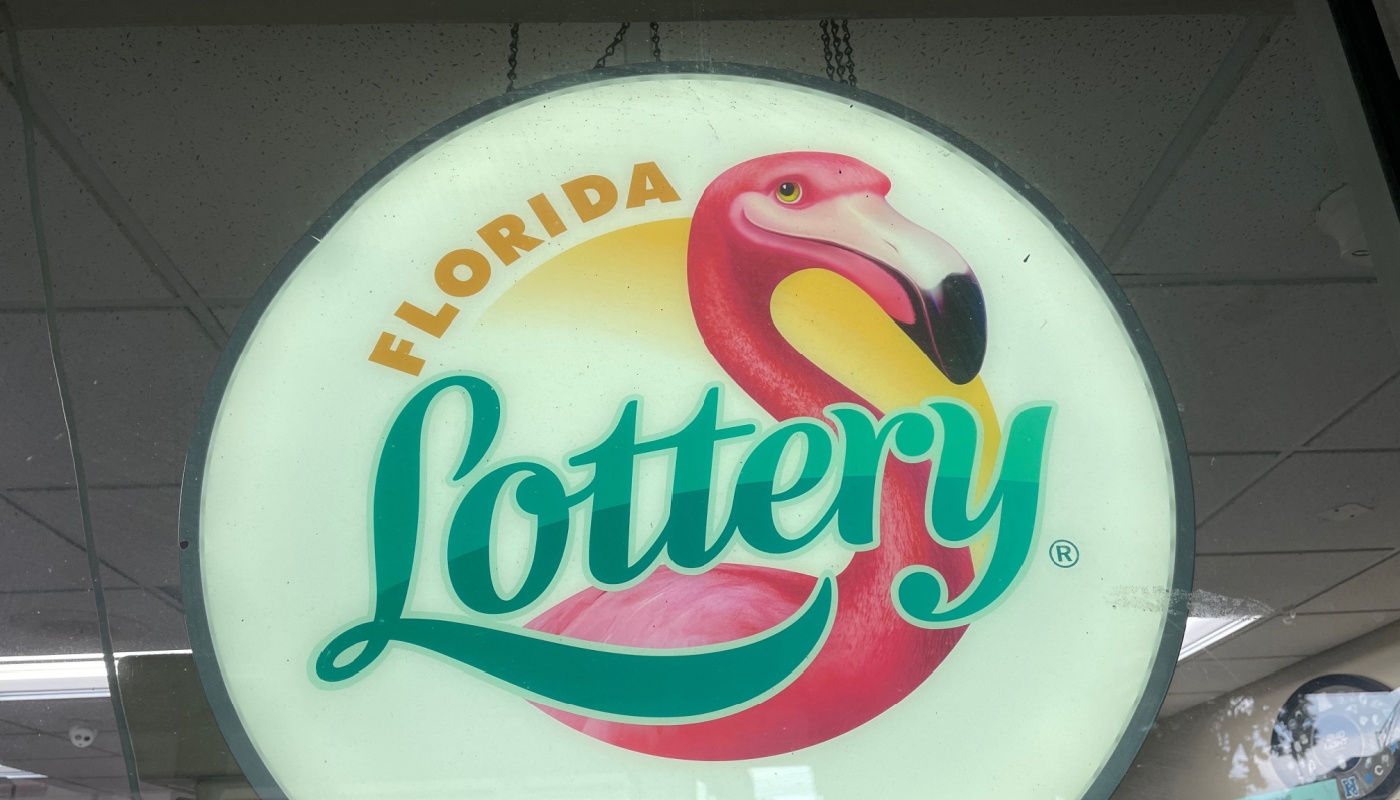
News writer, Interviewer
Global gambling syndicates are targeting lottery jackpots worldwide. But New Zealand isn't playing along.
Lotto NZ has blocked international gambling syndicates from buying tickets for big-dollar Powerball draws. The move comes as similar operations have caused chaos in other countries.
"The tickets would be void and ineligible for a prize under our game rules," Lotto NZ head of corporate communications Will Hine said.
The global syndicate threat
Multiple offshore buyers have tried to evade New Zealand's rules. One entity was described by Lotto bosses as a "commercial syndicate." These groups operate overseas sites that "on-sell lottery tickets from a range of jurisdictions" and offer copycat versions of national lotteries.
The problem is detection. Hine explained:
It's generally difficult to detect the acquisition of physical tickets from Lotto NZ for resale internationally because the initial purchases can be made anonymously in-store.
Lotto NZ wouldn't reveal how it detected the attempted ticket purchases or how it blocked the sales. However, purchasing tickets here and reselling them on overseas websites is "in contravention of our rules."
Why does this matter? These tickets "may be sold without responsible gambling controls in place, marketed using dated and inaccurate information, and could cause confusion for purchasers through the misuse of Lotto NZ's brand imagery and intellectual property," Hine explained.
The Texas Lotto heist that changed everything
The lottery world is still talking about the April 2023 Lotto Texas drawing. A New Jersey-based LLC named Rook TX claimed the $95 million jackpot after allegedly purchasing over 25 million tickets. This was to cover every possible combination.
The scheme worked like this: wealthy European gamblers hired lottery courier services to buy millions of tickets systematically. They used four different courier services and close to 60 lottery terminals over three days.
The Texas Lottery Commission provided extra terminals to facilitate the massive purchase. One courier, Lottery.com, allegedly received several terminals despite being out of compliance with Texas regulations.
The operation purchased 99.3% of possible combinations. They didn't just win the jackpot—they claimed several million in lower-tier prizes too.
But was this acceptable? The Texas Senate didn't think so. In May 2025, the Texas Senate unanimously adopted a bill that abolished the Texas Lottery Commission and banned courier services.
The fallout spreads
Similar operations have hit multiple countries. In 2022, an Australian syndicate called the Punters Club won a €60 million German jackpot on an €11 million spend. In January 2025, a syndicate attempted to buy all combinations of Switzerland's "Joker" game but was blocked partway through.
The damage goes beyond individual wins. These bulk purchases raise serious questions about lottery integrity. False advertising claims emerge when syndicates buy all combinations—other players can only win half the announced jackpot. Money laundering concerns arise when funding sources remain unknown. Age verification becomes impossible.
States fight back
Indiana has banned lottery courier services entirely. House Bill 1053 makes operating a courier service a misdemeanor. The bipartisan bill awaits the governor's signature.
Arizona took a different approach. The state caps bulk purchases of Fast Play tickets at $50,000 within 24 hours. Exceed this limit, and your winnings are disqualified—even if you win.
"The changes are being put in place to support equal access and stop any manipulative purchasing behaviors," said Arizona Lottery Executive Director Alec Thomson.
New Zealand's defensive strategy
Lotto NZ is also considering changes to its flagship Powerball game. The five-year strategy to 2029 includes "changing the odds by adding more balls to the Powerball machine."
Current odds of winning Lotto Powerball are 1 in 38 million. Add one extra ball, and odds drop to 1 in 42.2 million. This makes bulk purchasing schemes less attractive.
Why the change? Ticket sales hit record levels, meaning Powerball strikes more regularly. More regular wins mean fewer mega-jackpots that attract "exponential" ticket sales—and syndicate attention.
Lotto NZ chief innovation and product officer Ben Coney stated:
The details of exactly what we will change and what it would mean for customers are subject to regulatory consultation and ministerial approval.
The bigger picture
The global online gambling market sits at $97 billion. Market research company FNF Research predicts growth to $306 billion by 2030. Lottery syndicates represent just one slice of this expanding pie.
But their impact is outsized. When syndicates target vulnerable games, they undermine public confidence in lottery fairness. They bypass responsible gambling controls. They potentially facilitate money laundering.
The World Lottery Association recommends a three-pronged defense: regulate courier services, limit retailer terminals, and monitor sales patterns for vulnerable products.
What comes next?
New Zealand's proactive stance puts it ahead of jurisdictions that waited for problems to emerge. But questions remain. How will Lotto NZ detect future syndicate attempts? Will other countries follow New Zealand's lead?
The lottery wars are just beginning. As jackpots grow larger and technology makes bulk purchases easier, the stakes keep rising. Countries that don't prepare now may find themselves fighting the same battles Texas faced.
The question isn't whether syndicates will try again. It's whether lotteries will be ready for them.

















Comments